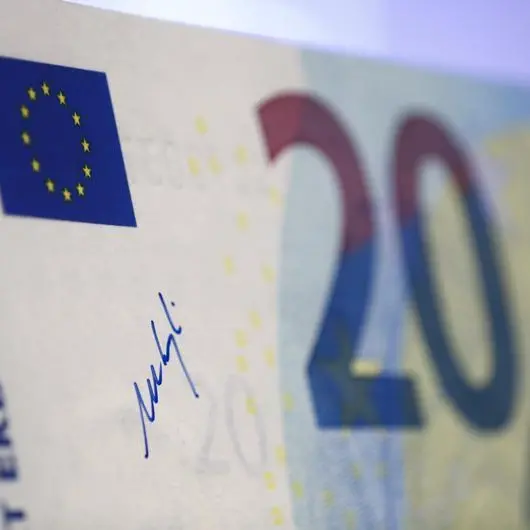PHOTO
The African Export-Import Bank has priced a Rmb2.2bn (US$303m) three-year debut Panda bond at par to yield 2.99%.
The multinational financial institution is the second issuer from Africa to tap the Chinese onshore market, following the Arab Republic of Egypt's Rmb3.5bn three-year private placement in 2023 with guarantees from the African Development Bank and the Asian Infrastructure Investment Bank.
More African issuers are expected in future. At the Forum on China-Africa Cooperation Summit last September, Chinese President Xi Jinping said that China will encourage and support Panda bond issues from Africa. He also said that China will provide Rmb360bn to Africa in the coming three years, comprising credit lines of Rmb210bn, aid of Rmb80bn and Rmb70bn of investments by Chinese companies.
A banker on Afreximbank's deal said there have been discussions with a few African issuers for Panda bonds, although the timeline is uncertain.
"It's not easy. Apart from a few sovereigns and names like Afreximbank and AfDB, most African issuers are not IG-rated, and investors are concerned about default risk, unless they have a guarantee structure like what Egypt did," said the banker. "But hopefully some of the deals can be realised this year."
The banker said Afreximbank had been talking to banks since first half of last year. It was a lengthy process to have all documents ready and the regulatory approvals were only granted two to three weeks before the issue.
Afreximbank internally set a tight deadline for the deal, leaving the leads with no time to arrange a roadshow.
The banker declined to disclose the number and types of investors that participated. Most Chinese banks, especially city or rural commercial banks, only buy bonds from issuers they have an existing credit line with, adding more challenges for SSA issuers.
"We didn't have the time for this deal, but if the issuer comes back, we'll want to introduce them properly to the market," said the banker.
The bond was priced in the middle of the price range of 2.7%–3.3% and closer to the upper end of the Rmb1bn–Rmb2.5bn size target, in line with the issuer's expectation.
"The onshore funding cost is still quite cheap. Bonds yields have gone up a little bit in the past few months, but for Afreximbank, the pricing is still competitive after swaps," said the banker.
The supranational debuted in the Samurai market in November with a ¥67.2bn (US$431m then) five-part bond comprising ¥43.3bn 2.37% two-year, ¥18bn 2.64% three-year, ¥300m 2.83% five-year, ¥3.3bn 3.01% seven-year and ¥2.3bn 3.29% 10-year notes. It last tapped the US dollar market in 2021 for US$1.3bn from a US$600m 2.63% five-year tranche and a US$700m 3.798% 10-year tranche.
For the Panda bond, Bank of China was lead underwriter and bookrunner, while Export-Import Bank of China and Industrial and Commercial Bank of China were joint lead underwriters and bookrunners.
The proceeds will be used to fund the Cairo-based multilateral institution's ordinary operations denominated in renminbi or other currencies. No less than 20% of the proceeds will be retained in renminbi and used onshore China, and up to 80% will be used offshore.
Source: IFR




















